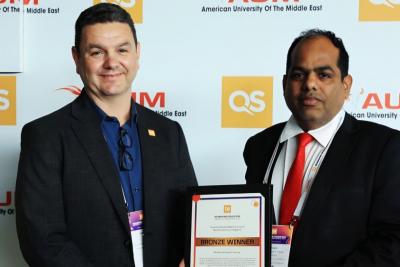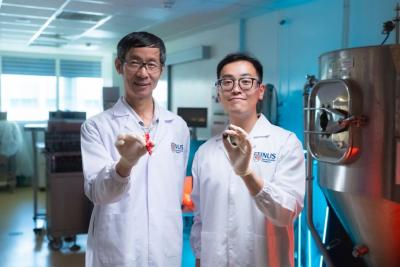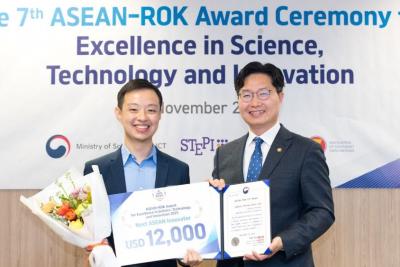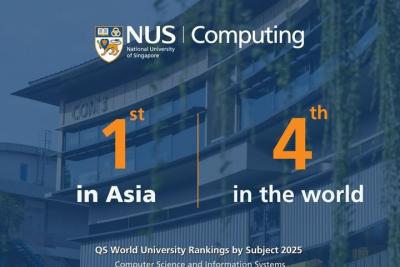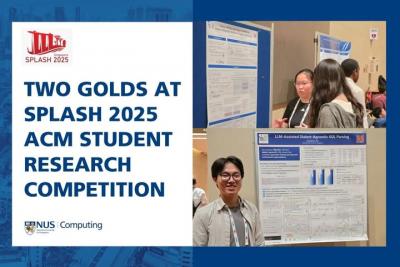NUS: Sản xuất vật liệu lượng tử có độ chính xác tuyệt đối với sự hỗ trợ của A.I.
A team of NUS researchers led by Associate Professor Lu Jiong from the Department of Chemistry and Institute for Functional Intelligent Materials, together with their international collaborators, have developed a novel concept of a chemist-intuited atomic robotic probe (CARP). This innovation, which uses artificial intelligence (AI) to mimic the decision-making process of chemists, enables the manufacturing of quantum materials with unrivalled intelligence and precision for future quantum technology applications such as data storage and quantum computing.
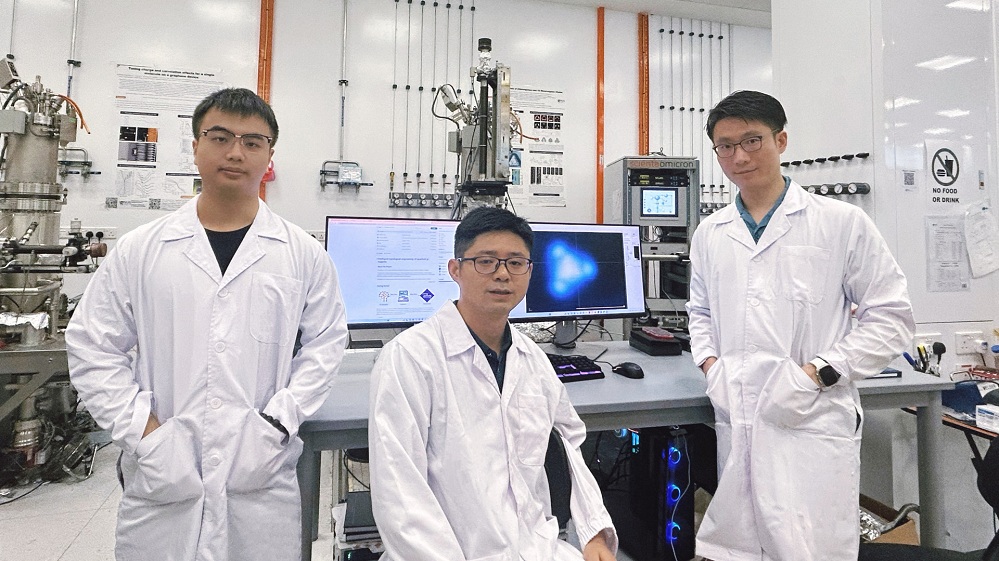
Assoc Prof Lu Jiong (centre), Dr Su Jie (right), and Dr Li Jiali (left) from the NUS Department of Chemistry developed the concept of an atomic robotic probe that mimics the decision-making process of chemists which enables the fabrication of quantum materials with greater control.
Open-shell magnetic nanographene is a type of carbon-based quantum material that possesses key electronic and magnetic properties that are important for developing extremely fast electronic devices at the molecular level, or creating quantum bits, the building blocks of quantum computers. The processes used to develop such materials have progressed over the years due the discovery of a new type of solid-phase chemical reaction known as on-surface synthesis.
See more here








